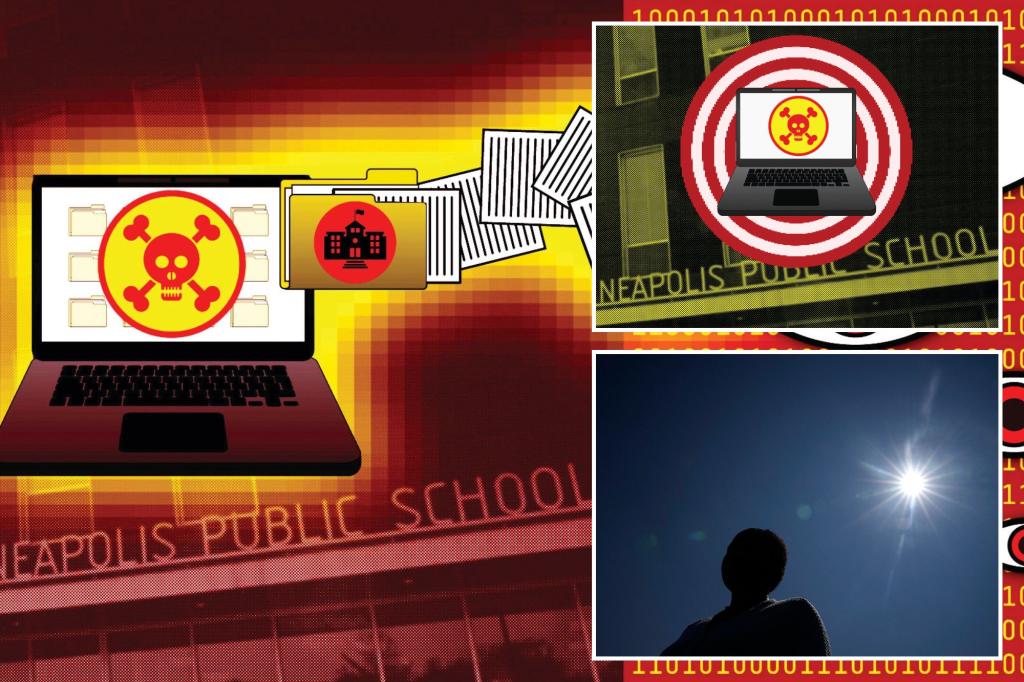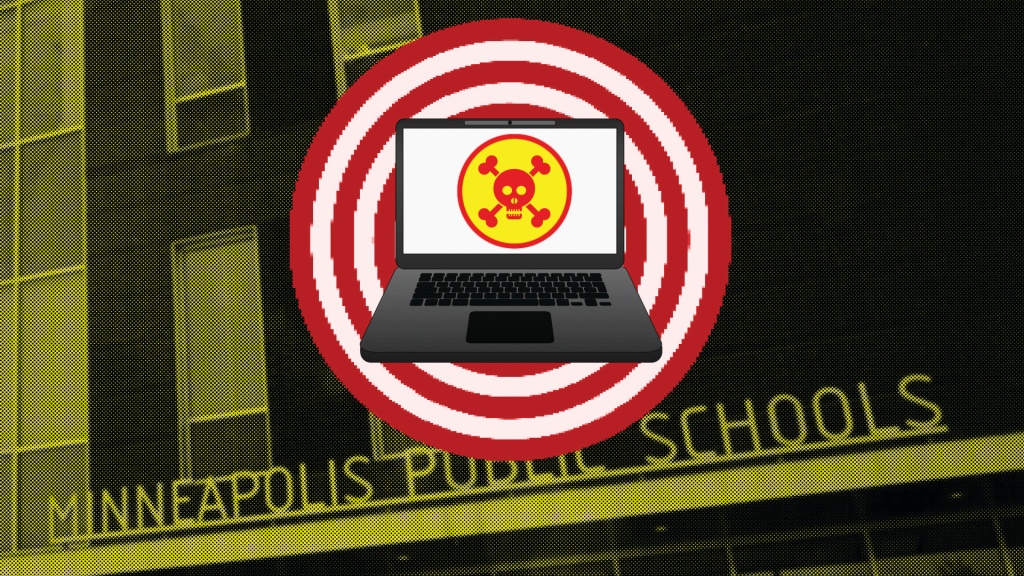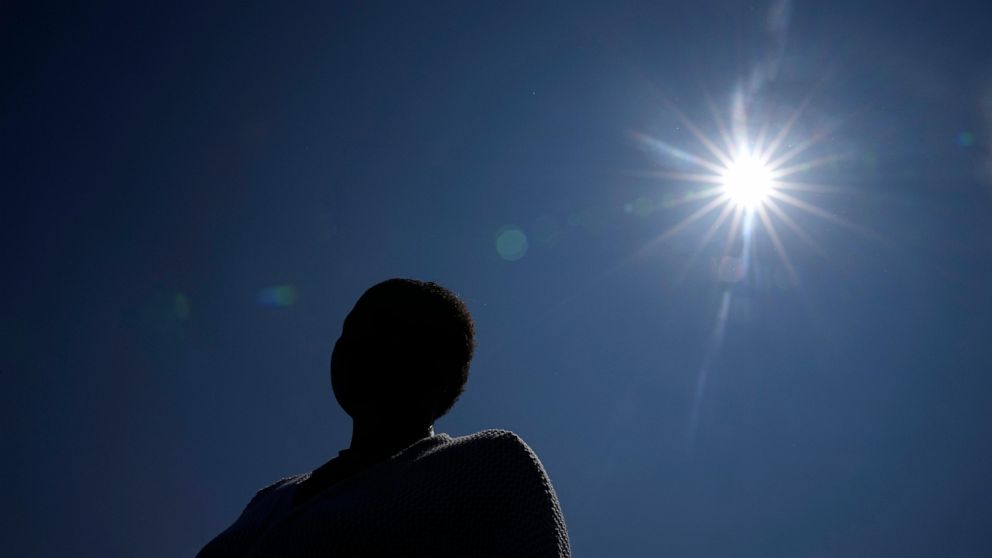If kid’s game gets infected, you may bring that to work: what to do?
“That cheating software your kid downloaded for his game is probably safe,” said not a single cybersecurity specialist, ever. At best, your kid will ruin the gaming experience for others. At worst, they’ll introduce malware to their device. Due to repeated incidents, Cybernews experts recommend keeping kids’ gaming platforms separate, virtually or physically, or consider sandboxing their games.
Some kids would do a lot to become a mafia boss LVL 50. In this case, parents were left deeply frustrated to discover that their child had become engrossed in a mobile game called Grand Mafia. Unbeknownst to them, the child had made a whopping 62 transactions using their credit card between September 4th and October 8th, 2022.
These transactions amounted to €1,240, and to add to their frustration, Revolut declined to reimburse the unauthorized charges, a report from the regulating authority reveals.
And this isn’t even the most significant risk that parents can face if they leave their kid’s actions online unchecked. Malware, likely, was not a culprit here, so the kid might be able to keep their impressive mafia boss level.
Recent game hacks reveal that crooks could steal not only your kid’s loot and the accounts they spent years grinding, but also remotely control their computer and spread infections to other devices.
For example, if you are logged in with your Google account in Chrome on the same compromised computer, all the malicious extensions and add-ons that hackers put here may automatically sync in your work computer if the same Google account is used.
Minecraft has been declared the most malware-infected game. Recently, cybercriminals used Minecraft Mods to execute code remotely, after a Bleeding Pipe vulnerability was discovered. Mods in the Minecraft community are used extensively, and the game is one of the most popular.
Bad actors used the technique to steal the game’s servers, personal game accounts, Steam, and Discord session info. Still, the possibilities are nearly endless as they could also steal user data for use in identity theft and use computers in botnet attacks while showing the user pop-ads.
Roblox, the other very popular game among kids,…




